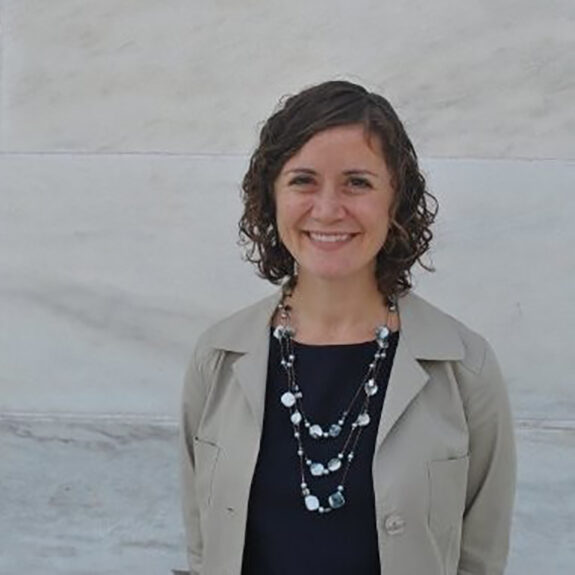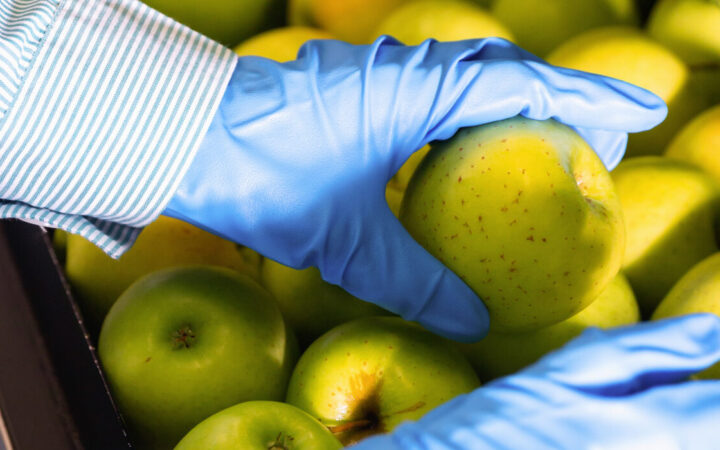This guide discusses how the Food Safety Modernization Act Preventative Controls Rules impacts grain businesses, and empowers grain farmers, processors, and food manufacturers to understand and comply with federal food safety laws.
Introduction
In the past several decades, regional grainsheds—areas of localized production, processing, and use of staple crops—have expanded significantly. The growth of these systems is exciting, and also raises important questions. Specifically, how does food-grade grain production, processing, and marketing fit into federal food safety regulatory frameworks? As local grains move from fields to consumers’ plates, bowls, and glasses, it is critical to understand the potential role and application of the federal Food Safety Modernization Act’s Preventive Controls for Human Food Rule (FSMA PCR).
FSMA was enacted in 2011 after a series of highly publicized food safety incidents and recalls. The FSMA rules embody a proactive and risk-based approach to food safety regulation. The PCR, one of FSMA’s main components, requires food production and processing businesses to evaluate potential food safety hazards, take action to prevent or reduce those hazards, and create monitoring systems to ensure the actions taken are effective.
Determining whether the PCR applies to grain producers, processors, or food businesses can be complicated. For the smaller-scale diversified farms and mills that comprise the growing regional grain sector, one primary challenge is navigating the PCR’s definitions and determining how they apply to the range of activities needed to move local grains from field to market.
This resource will help food-grade grain farms and food businesses understand if and how the PCR impacts their operation. Whether or not a business needs to comply with the PCR depends on its activities and size. The following pages include a flowchart, key terms, and a set of factsheets. The flowchart helps identify the likely PCR compliance category for a given farm or food business. The key terms define important regulatory language needed to understand PCR compliance. The factsheets are divided into common scenarios for businesses in the regional grain value chain: (1) farms that grow and store grains; (2) facilities that conduct value-added processing; and (3) retail food establishments or restaurants. For those who own multiple businesses (for example, a farm and separate processing facility), multiple factsheets may apply.
Acknowledgements
This resource was developed as a collaboration between Vermont Law an Graduate School’s Center for Agriculture and Food Systems and the Artisan Grain Collaborative, with funding from the US Department of Agriculture’s National Agricultural Library. Special thanks to Margaret Rossano MFALP’21, for her extensive work researching and developing this resource while a Student Clinician in the Food and Agriculture Clinic.
Special thanks to the following Artisan Grain Collaborative members for providing many of the photos in this report: Hazzard Free Farm, Breslin Farms, Ben Penner Farms, Tenera Grains, C3 Seeds, Giant Jones Brewing Company, Albert Lea Seeds, Granor Farm, Hewn, and State Line Distillery.
Suggested Citation
Understanding FMSA’s Preventive Controls: A Guide for Grain Businesses, Vt. L. Sch. Ctr. for Agric. & Food Sys. (Aug. 1, 2021), https://www.vermontlaw.edu/sites/default/files/2021-08/Understanding-FSMA.pdf.




